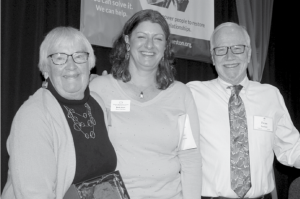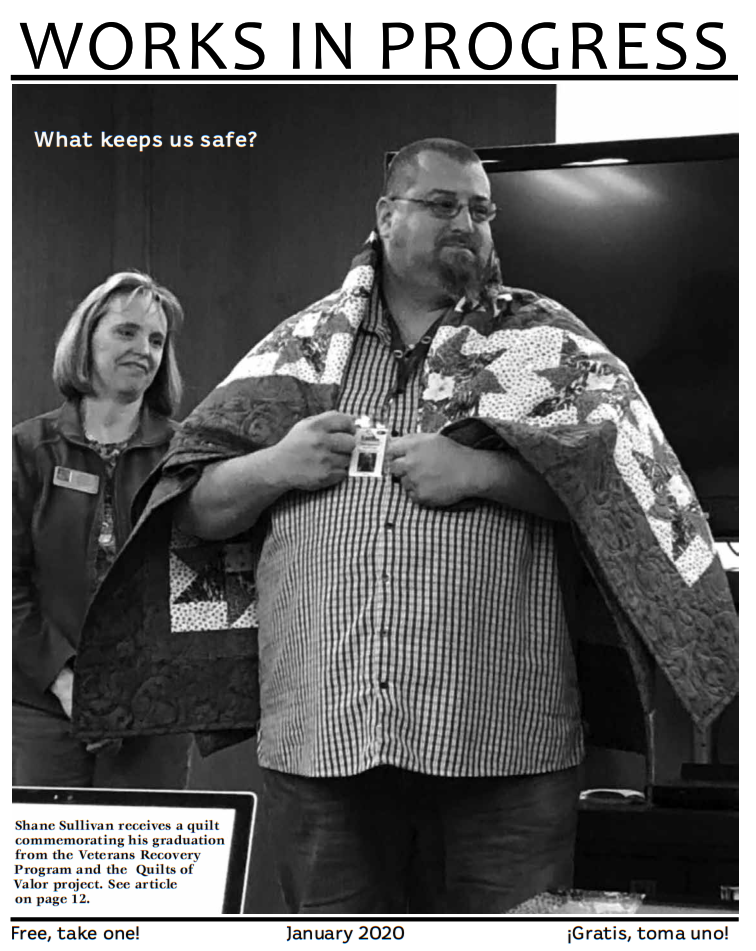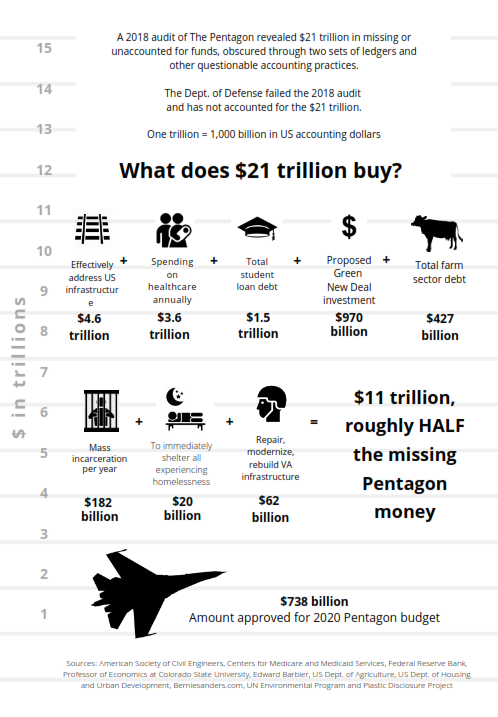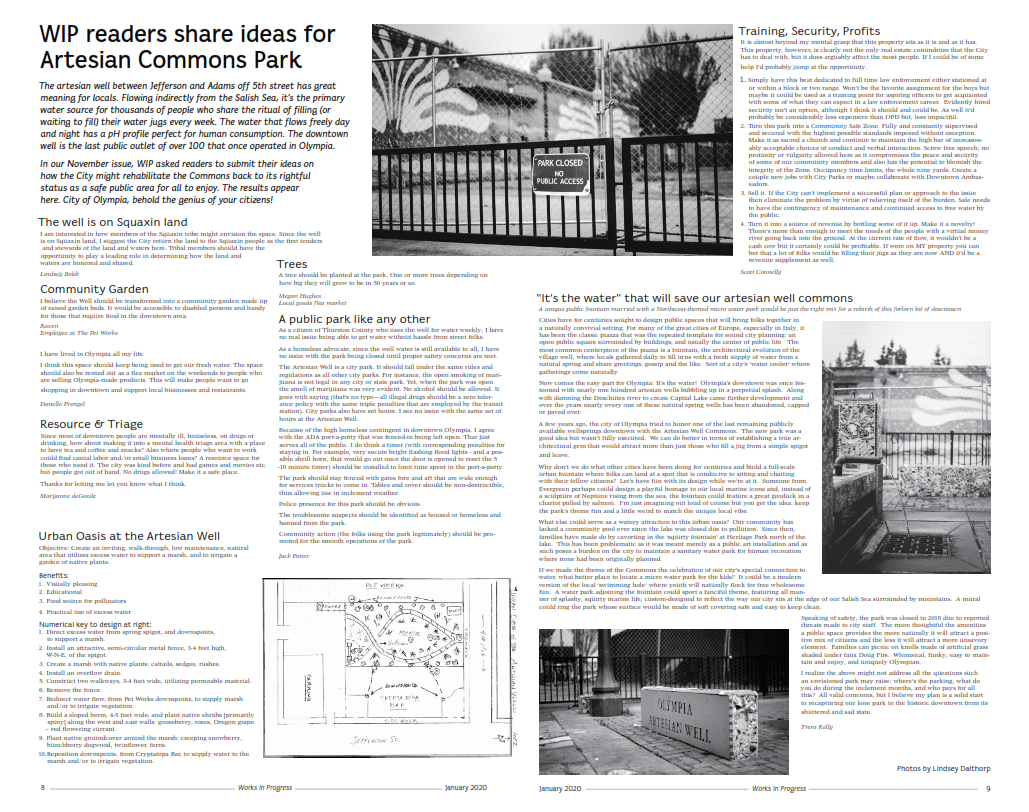I made a list of the things I think keep us safe: I started the list on a Sunday, on a scrap of paper and I put it on the refrigerator together with the picture of our new grandchild, the neighbors’ daughter, the current grocery list, and other random items. I wrote things like “a community where I know my neighbors and they know me”, and “requiring kids to take driver’s training in order to get a license”. I wanted to be realistic. Over the next few days I added “A reliable car and a solidly-built home. Social security and a pension. Uncomplicated health insurance”. But as the week wore on, my thoughts evolved. These things, sure, but as I went about my days, other thoughts surfaced.
Assumptions I’m barely aware of
I realized that the fact that I confidently assume that tomorrow will be very like today is fundamental to my safety: a bus, train or plane takes me safe to my destination. I’m not worried that the gas lines snaking down my street will spring a leak and explode. I don’t give a thought to whether the fish, meat and milk I buy will be uncontaminated. I thoughtlessly drink water from my tap. On a visit to the ER nurses were right there with reassurances and everything we needed. The air seems pretty clean too.

Be careful what you wish for
It’s government that has made rules for the gas companies, the construction companies, food producers and processors to follow to ensure our safety. Unions and OSHA hold employers to account for workers’ lives. It’s become normal to condemn regulation—it cuts into profits—but remember the two 737 MAX planes that crashed and killed 346 people? In recent years, the agency that oversees airlines has been mandated to reduce regulation and give more and more control over the industry back to aviation companies. We’re all for deregulation until the lack of regulation bites us, sometimes fatally.
More thoughts about what safety really derives from
What about the articles people submitted for this issue: what keeps us safe? An article about migrants following the trail north shows the danger that grows when a society’s leaders promote an economy of profound inequality. Reading the piece on the new primary voting system reminded me that however often I complain about voting choices, making sure everyone can and does vote is crucial.
Other articles prompted reflection as to “who is the ‘us’ in “what keeps us safe?’” Obviously, the reply depends on who’s asking. What keeps the people in the article about immigrants in Washington safe is very basic: treatment like human beings and protection from being grabbed off the street and sent to jail with neither due process nor time limits.
Jacob Kostecka talks about how hospitals can erode our safety, while the articles about the Lacey Vet’s Hub and the Vangardeners highlight voluntary energy and commitment as ways our community enhances our safety.
It’s not military prowess
The powers that be would have us accept that “what keeps us safe” is trillions of dollars of spending on weaponry—nuclear-armed submarines, a new Space Force. Invading Afghanistan and Iraq, bombing Yemen. Seal Team Six killing terrorists in Mali, Sudan, Syria. Police departments supplied with military cast offs, jails and prisons to the tune of more millions and on and on. Thurston County’s own contribution is a new $19 million jail facility which according to Sheriff Snaza is needed to take care of people with mental health and addiction problems!
Finally, a basic reality is that we have to have a world we can thrive in. The Green Cove article and the one describing the legacy of toxic chemicals are good examples of how we have to rely on elected leaders to step in when commerce might ignore the demands of safety. It turns out that in the case of climate catastrophe, we are all “us,” so we hope to present more thoughts on that in the rest of 2020.
Let us know what you think.
—B
Upcoming 2020 themes
- February theme: Our lived values. Does the way we live contradict the values we profess? Deadline for submissions: January 18
- March theme: The bill of rights. Deadline for submissions: February 15
- April theme: Will convenience destroy us?
About the Cover:
Shane Sullivan receives a quilt commemorating his graduation from the Veterans Recovery Program and the Quilts of Valor project. Read more in the article “Helping veterans recover their dignity and their rights”
Back Page:
Centerfold:



Be First to Comment